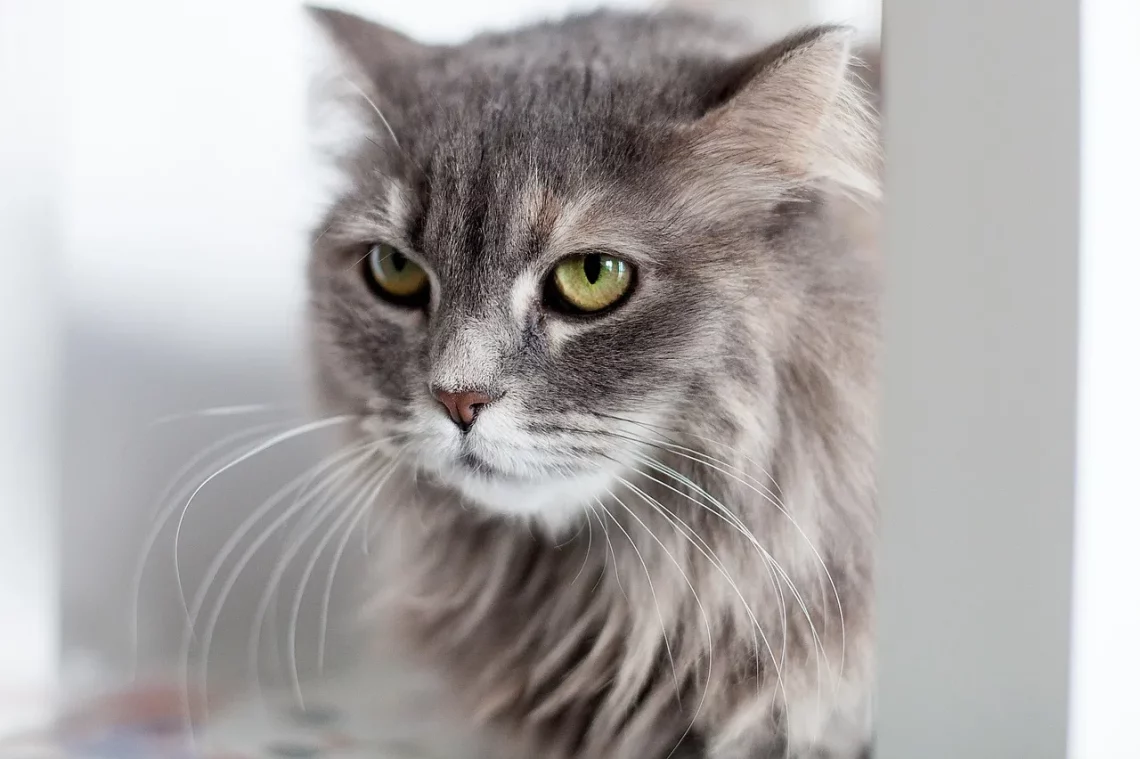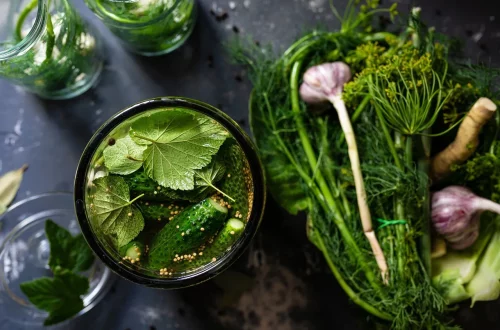
Natural Ways to Eliminate Giardia in Cats Effectively
Giardia is a microscopic parasite that can affect cats, leading to gastrointestinal issues and discomfort. This protozoan parasite is often found in contaminated water or food and can spread quickly among pets, especially in environments where multiple animals are kept together. The presence of Giardia in cats can result in symptoms such as diarrhea, vomiting, and weight loss, making it a concern for pet owners.
While there are conventional treatments available for Giardia, many pet owners are seeking natural remedies to address this issue effectively. Natural methods can offer a gentler approach, focusing on enhancing the cat’s immune system and promoting overall health. Understanding how to manage and eliminate Giardia naturally involves a holistic view of your cat’s diet, lifestyle, and environment.
Incorporating natural solutions not only aids in the elimination of the parasite but also promotes a healthier and more balanced life for your feline friend. This article will explore various strategies and remedies that can help to effectively manage and eliminate Giardia in cats using natural methods.
Understanding Giardia and Its Effects on Cats
Giardia is a single-celled organism that can infect the intestines of cats, leading to giardiasis, a condition characterized by inflammation of the intestinal lining. The infection often results in gastrointestinal symptoms that can cause distress to both the cat and its owner. Symptoms typically include watery diarrhea, which may be intermittent, along with vomiting, flatulence, and abdominal discomfort.
Cats can contract Giardia in several ways, but the most common transmission route is through ingestion of the parasite from contaminated sources. This could include drinking unfiltered water, eating raw or undercooked food, or coming into contact with feces from an infected animal. Since Giardia can survive in the environment for long periods, it is crucial to maintain a clean living space for your pet.
Understanding the lifecycle of Giardia is essential for effective management. The parasite exists in two forms: the cyst and the trophozoite. The cyst form is hardy and can survive outside a host for weeks, making it highly infectious. When ingested, the cysts break open in the intestines, releasing trophozoites that multiply and cause infection.
The health implications of a Giardia infection can vary, with some cats exhibiting mild symptoms while others may experience severe distress. Young kittens, elderly cats, or those with compromised immune systems are particularly vulnerable to the effects of Giardia. If left untreated, the infection can lead to dehydration and malnutrition, making it vital for pet owners to be proactive in recognizing symptoms and seeking solutions.
Natural Dietary Adjustments for Your Cat
One of the most effective natural methods for managing Giardia in cats is through dietary adjustments. A well-balanced diet can help strengthen the immune system, making it easier for your cat to fight off infections. Start by providing high-quality, species-appropriate food that is rich in protein and low in carbohydrates. Cats are obligate carnivores, meaning their diets should primarily consist of meat.
Consider incorporating probiotics into your cat’s diet. Probiotics are beneficial bacteria that promote gut health and can help restore the natural balance of flora in your cat’s intestines after an infection. Look for probiotic supplements specifically formulated for cats or choose high-quality, probiotic-rich foods.
Another dietary consideration is the inclusion of pumpkin. Pumpkin is high in fiber and can aid digestion, helping to firm up loose stools caused by Giardia. You can add small amounts of plain, canned pumpkin to your cat’s meals, but make sure to avoid sweetened or spiced varieties.
Hydration is also crucial during this time. Ensure your cat has access to clean, fresh water at all times. Dehydration can exacerbate gastrointestinal issues, so encourage your cat to drink more by providing multiple water sources or considering cat water fountains, which can entice them to hydrate.
Lastly, avoid grains and fillers that can irritate your cat’s digestive system. Cats may struggle to digest grains, leading to further digestive upset. Instead, focus on providing a diet that is rich in moisture and contains easily digestible proteins.
Herbal Remedies to Combat Giardia
In addition to dietary changes, certain herbs have shown promise in helping to combat Giardia naturally. These herbs can help support your cat’s immune system and promote a healthy gut environment. Always consult with a veterinarian before introducing new herbs to your cat’s diet.
One well-known herb is garlic, which has natural antibacterial and antiparasitic properties. However, it’s important to use garlic cautiously, as large amounts can be toxic to cats. Small, controlled doses can provide benefits, but always consult with a holistic veterinarian for guidance on safe usage.
Another beneficial herb is wormwood. This herb has been traditionally used to expel parasites, including Giardia. However, wormwood should be used with caution and under professional supervision due to its potency.
Additionally, consider incorporating oregano oil, known for its antimicrobial properties. Oregano oil can help combat parasites and support the immune system. When using essential oils, ensure they are diluted properly and safe for feline use, as some oils can be harmful to cats.
Dandelion is another herb that can support liver health and digestion, contributing to overall wellness in your cat. You can offer dandelion greens or dandelion root as a supplement, as they can help detoxify the liver and promote a healthy digestive tract.
Lastly, consider using diatomaceous earth, a natural product that can help eliminate parasites from the gut. Food-grade diatomaceous earth can be added to your cat’s food, but ensure it is the food-grade variety and consult your veterinarian for appropriate dosing.
Maintaining a Clean and Safe Environment
A crucial aspect of managing Giardia is maintaining a clean living environment for your cat. Since the Giardia cysts can survive in the environment for extended periods, diligent cleaning is necessary to prevent reinfection.
Start by regularly cleaning your cat’s litter box. Dispose of waste promptly and wash the litter box with hot, soapy water at least once a week. Consider using a disinfectant that is safe for pets to eliminate any potential cysts.
Bedding and toys should also be regularly cleaned. Wash your cat’s bedding in hot water and dry it thoroughly to sanitize it. For toys, choose materials that can withstand washing and disinfecting, and avoid plush toys that are challenging to clean.
If your cat spends time outdoors, be vigilant about the areas they frequent. Avoid allowing your cat to drink from stagnant water sources, as these can be breeding grounds for parasites. Instead, provide fresh water at home and supervise outdoor time when possible.
In addition to cleaning, consider the overall health of your cat. Regular veterinary check-ups can help catch any potential issues early, including parasitic infections. Keeping your cat updated on vaccinations and preventive treatments can also reduce the risk of infections.
By combining environmental hygiene with natural dietary adjustments and herbal remedies, you can create a comprehensive approach to managing and eliminating Giardia in your cat. Remember that consistency is key, and it may take time for your cat to fully recover.
**Disclaimer**: This article is not intended as medical advice. Always consult a veterinarian for health concerns or issues related to your pet’s well-being.




